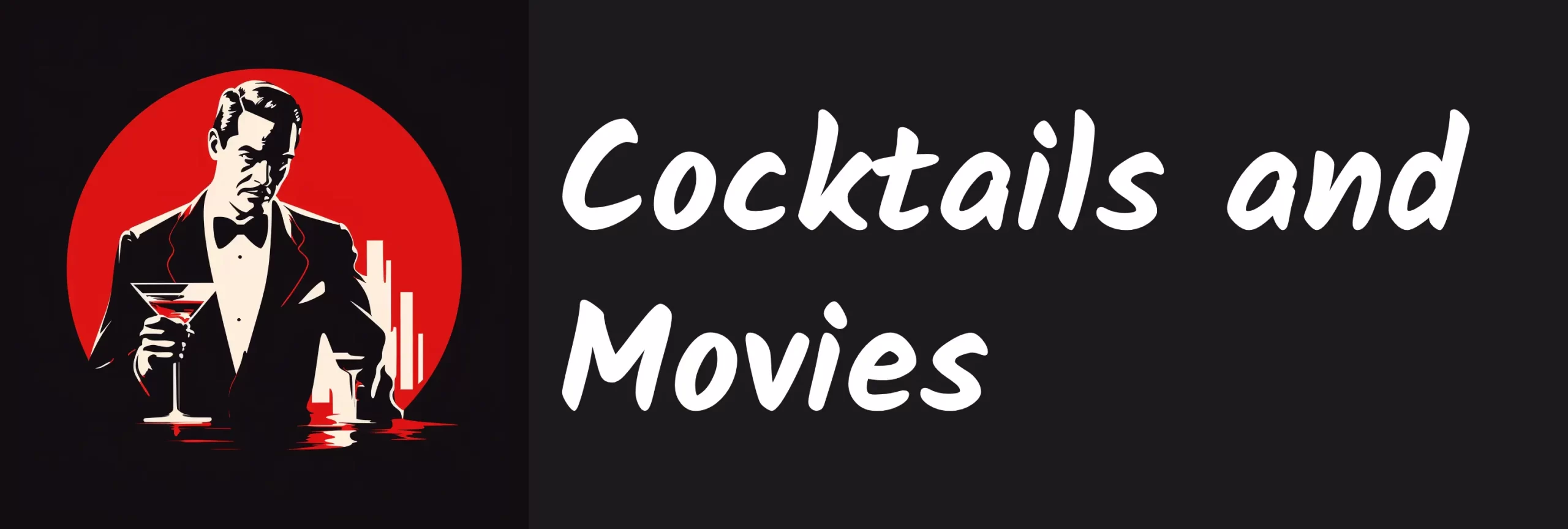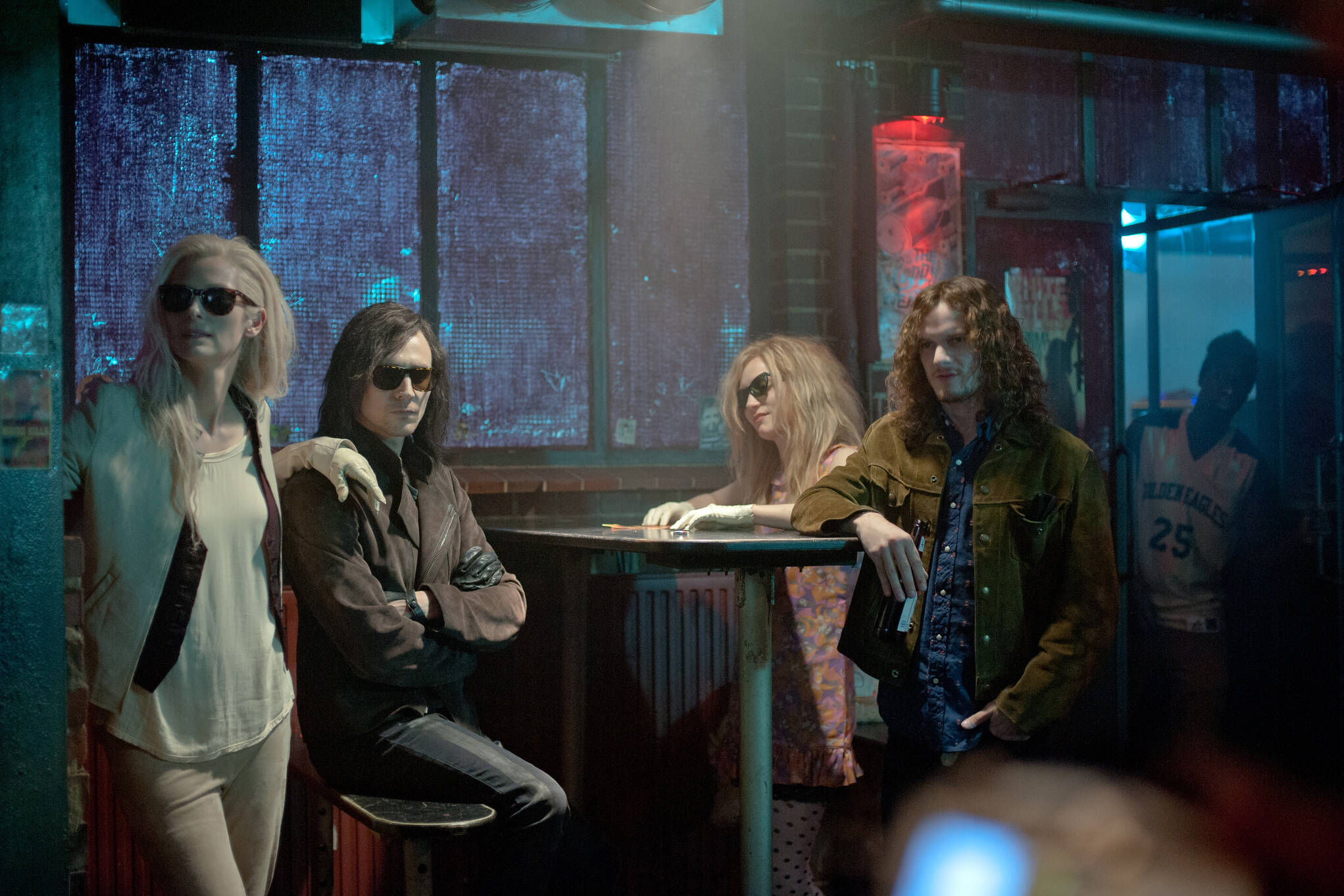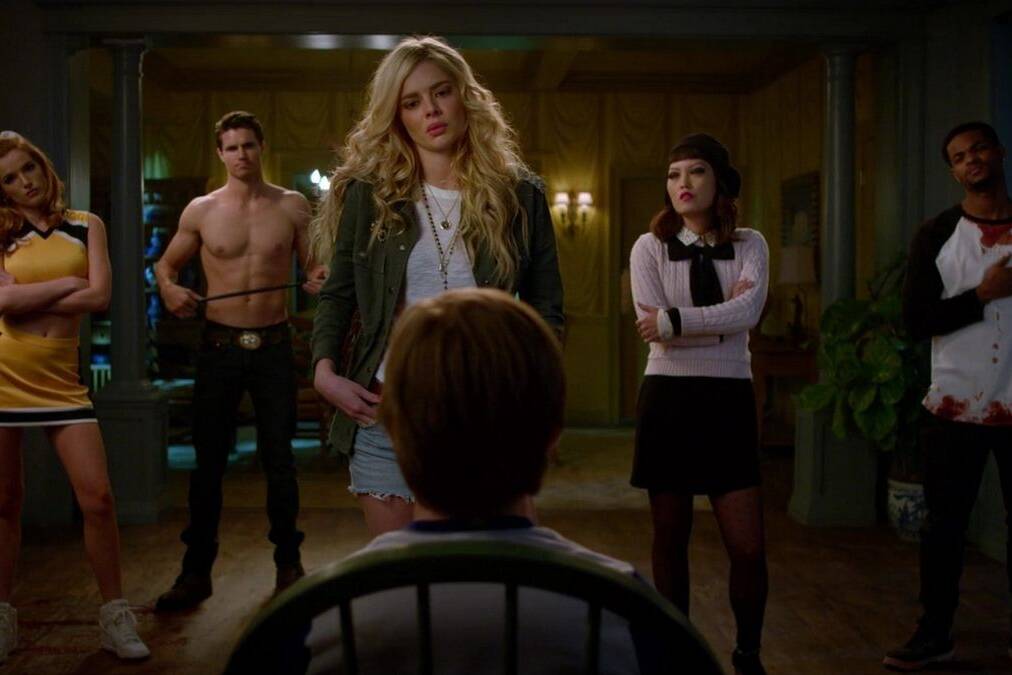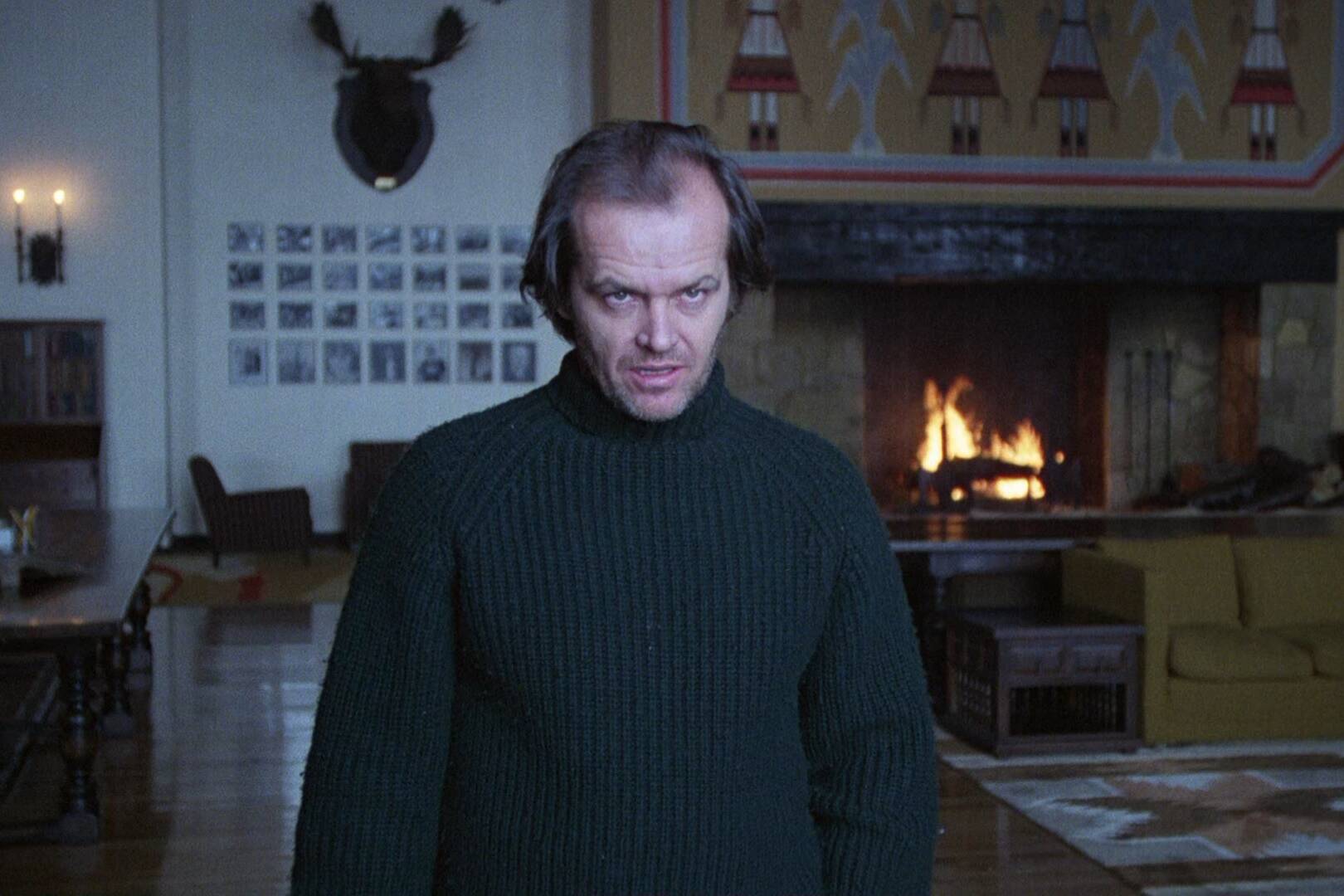Bricks by Brick – Interviews with the Storytellers Behind the Screen
From the art and craft of making TV and movies to navigating the business side of the industry, Bricks by Brick highlights the hard-working people who are the cornerstones for bringing these stories to life.
By: Kelly Jo Brick
Television Spotlight: Revival’s Heather Taylor On Adapting a Comic Book For Television

There’s a strong interest in the entertainment industry for creating TV shows and movies based on IP (intellectual property) as way to bring momentum and audience
familiarity to a project. There are multiple ways to approach bringing that adaptation of a book, article and such to life. For some, this means sticking really close to the original material. For others, it’s a starting point that inspires a whole new journey.
Writer and podcaster, Heather Taylor (Revival, Hardy Boys, Braaains) shares not only her experiences writing for shows based on IP, but advice and guidance from her path into entertainment which has taken her from journalism and advertising to writing sci-fi, horror and supernatural films and television.
REVIVAL IS BASED ON A COMIC BOOK SERIES. WHAT WAS THE APPROACH LIKE FOR ADAPTING THAT INTO A TELEVISION SERIES?
So with Revival, Aaron and Luke, our showrunners, came in with like, here are the really big things that we want to happen. Let’s take these major beats and the heart of the story, the place, the relationships and then we are trying to create a world that has an open end. So still tell a lot of the stories, but allow ourselves to be like what can we do in this world that is grounded to this world.
What is our version of this place? And then allowing it to have an open end, because the current series has an end. How do we open this so that we get to keep all of our characters that are our leads forevermore? We can play with what really started this Revival Day. What’s next with this world?
That was really freeing, it allowed us to pitch the things that we wanted to pitch and then always go back to the source material.
AS A MEMBER OF A TV STAFF IT’S IMPORTANT TO FOLLOW THE VOICE OF THE SHOWRUNNER, HOW DO YOU FIND YOUR WAY INTO MATCHING THAT VOICE?
I try to match as best I can in terms of how they’ve laid out how the characters, often it’s more how they speak. Sometimes it’s just how different people construct the pages differently. You’ll see the language that they’re using for action lines. You do your best. It will never be exactly 100% and you will always be overwritten in some extent.
By the time you write your script, you’re usually not, especially if you’re more a beginner in the room, you’re not going to have the first few episodes. On Hardy Boys, I did co-write episode two, but it was season two so we already knew the characters. Our showrunner in that season was a new showrunner, so he actually gave us a script from another show that he wrote on that was kind of adventure and thrillery. That helped us go, I see how you use parentheticals. Use then, which is cool, instead of beats. You like things like super short and don’t like action breaking up dialogue. But everyone has a different style and so it’s really going okay, that’s the style.
HOW DO YOU BRING A PIECE OF YOURSELF TO THE PAGE WHILE ALSO STAYING IN THE SHOWRUNNER’S VOICE?
A lot of times the place that your story comes is in the breaking of story. So you’re bringing your experiences, or if there’s elements of the character that are like you, it’s allowing people to say, “Hey, here’s my perspective of this.”
So Dana has undiagnosed ADHD, which would be normal for a woman in 2008, 2009, to have. For this, what was great is a few of us have ADHD that were in the room and we could talk about what is our lived experience and how it may not seem like something to you, but how it feels. I think that really helped us. It always helps when you have people who have that lived experience to be able to talk to those things in the room, or, and I’ve done this in the past, I’ve interviewed people and then brought what they’ve said into the room.
YOU STARTED WRITING FOR TV & FILM AFTER HAVING WORKED IN JOURNALISM, PR AND ADVERTISING. WHAT DID YOU LEARN FROM THOSE EARLIER PURSUITS AND WHAT ADVICE DO YOU HAVE FOR THOSE COMING TO WRITING AS A SECOND CAREER?
I think those things bring you experiences that you don’t have if you go straight into writing. They will serve you for many reasons.
I was a creative strategist and so I was always thinking of ideas for our clients, because I worked in this program that would do a mix of editorial stuff that would be separate from what our clients would want and then I’d also do client branded things and it would be the strategies like how do you talk about your company in the way that you want, but utilizing some of these tools and so that was my job. I would come up with ideas and have to pitch the CEO of Samsung. They come over to America and I’m pitching or I’m sitting in a boardroom at a bank, like the CEO of Bank of America or the head of marketing, really big high level people. Your ability to pitch becomes much better.
All these skills you learn how to work things in ways that are all useful for being a writer, because a writer isn’t just writing. You learn how to tell a story for someone who may not understand something. So it’s like how do I actually connect all the dots as someone with ADHD? I go from A to K, but A to K doesn’t work for other people. So you have to give them the B,C,D,E, F, G, H, I, J. You have to give them all of those letters. Then you start to learn how do I tell a story in a concise way that is compelling and exciting, which you’ll do for your work when you think about your work and you think about the audiences, but then you’ll also know how to be with an executive and have a conversation and yes, it can be nerve-racking regardless, but you start to realize, and this people don’t like to think about, but your writing is both art and it’s also commerce.
WRITING IS BOTH ART AND COMMERCE, CAN YOU ELABORATE ON THAT MIX AS YOU NAVIGATE YOUR CAREER?
Especially with television and film, anything where anyone gives you money to make things, they’ll be like, can we sell this? Will we make our money back? Will we make more money? Because they have overhead and people to pay and if you don’t make enough money on that thing, they might not hire you on the next thing.
That’s just a reality. So I started to have to uncouple myself from my work and say this is my work and my heart, but when I’ve done my work and being in this world that I love, I’m now the salesperson and if they don’t like this piece of work, it’s not that they don’t like me or my heart or my soul. They just don’t think this thing is going to make them the money they want. That’s all. And so it’s really hard, but if you’ve been in business, you start to understand that business, eight times out of ten, is not personal.
WHAT’S THE BEST ADVICE YOU’VE RECEIVED AS A WRITER?
I’ll bring something that I learned from therapy because I think it applies to this too. I have ADHD and so we live in a world where I’m a circle and everything’s a square and I’ve tried forever to put the circle in the square and it doesn’t work. And it’s very painful and then the therapist is like, “Why are you doing that? Why don’t you create a world that is also a circle?”
I think that relates to writing and existing in this business, because yes, there’s infinite opportunities. Sometimes they’re not really the best opportunities, but you think everything is like, if I do this, this could be our big break. Sure it could be, but are the people you working with people that are the best to work with for you, for your mental health or how you work? Are their expectations of you unreasonable or is this actually something you want to work on and write? Get the experience you can, but also your stories really matter and not everyone will get what you’re trying to throw down.
Find the people you want to work with, that you dream of doing something with and focus yourself on that. Create the spaces that fit you best.
WHAT ADVICE DO YOU HAVE FOR UP-AND-COMING WRITERS?
Put out into the world what you want to do. And then I’ll also say luck, because this business is luck too.
Where you are comes from going to places and being in things. Going to classes, going to conferences, going to film festivals if you can, going to screenings. Like who are you going to meet? Go to meetups, talk to people, meet people. You don’t know who you’re going to meet or who you’re going to be introduced to and that might be a showrunner who, when you meet them isn’t one yet. We all rise up together and we all help each other. Build your community. Don’t always look up. Also look to the side. Look to people who are just coming up behind you. Open the doors for people.
Be sure to check out Braaains, Heather’s podcast with her sister, Sarah, that explores disability and mental health and their portrayals in film and television.
Kelly Jo Brick is a TV crime, mystery and procedural writer. A Sundance Fellow and alum of the Women In Film’s Writer/Showrunner Mentoring Circle, Kelly Jo is also the Vice Chair of the WGA Genre Committee. She wrote the Telly Award-winning film, PAUSE, and the Frank Lloyd Wright documentary, The Jewel in the Woods. Follow her on Bluesky @kellyjobrick.bsky.social





